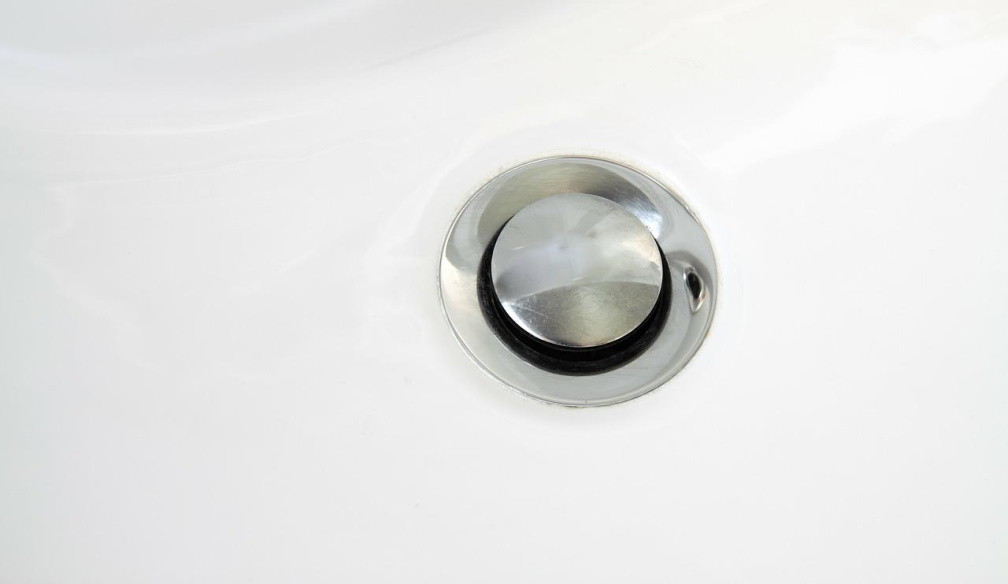How to Take Care of Your Home Drains
- Written by NewsServices.com

When things are going wrong with the drains at home, it’s natural that you’d be looking for drainage plumbers in the eastern suburbs of Melbourne, or wherever you’re based. It’s a natural and sensible response to call out the professionals when things go wrong. However, even the pros will also tell you that sometimes you need to take some preventative measures to ensure that in future when a plumber visits it might only be to check everything is alright rather than to do major repairs on a frequent basis.
Here are some of the best pro tips on taking care of your home drains:
Tip 1: Regular Checks by the Professionals
The absolute best way to ensure you’ll stave off serious damage and problems is to make sure that your plumbing fixtures are all properly inspected, serviced and maintained by professional, qualified plumbers each year. Calling out the plumber in emergency situations is one thing, but even those situations can often be avoided if the system is properly serviced and if problems are spotted when they are tiny and easy to fix.
When you leave the plumbing unattended for long periods, small defects start to slowly turn into a major crisis, until one day “BOOM” your pipe bursts, or your water heater shuts down, or you have a serious gas leak or your sewage is backing up. Regular checks keep the worst at bay, and actually keep costs down.
Tip 2: Drain Screens
Place filters or screens across your household drains to help catch debris and other things that will clog them up. This applies equally to your indoor and outdoor drains. A simple metal catcher or net to stop food waste going down the sink will do wonders for the drains and their free flow. The same goes for a screen on an outdoor drain that stops leaves going down.
There are some things that screens will never protect against, such as tree roots growing through the pipes, but the more you can prevent, the less the chance you’ll ever have a serious plumbing emergency.
Tip 3: Include Sewer Line Protection in Your Home Insurance
One of the most serious plumbing problems you can experience is a total backing up of your sewer line. If this happens, it not only creates bad smells, but can see sewage working its way back up the pipes toward your home, and that creates health concerns. It contains numerous bacteria, viruses and more that can prompt infectious illness in your home. Beyond that, it can incur some pretty serious repair bills.
This is why it’s a good idea to add sewer line protection to your home insurance. Sewer pipe damage and repair is one of the “worst-case scenarios” you can face, so if you only get one aspect of major plumbing covered, that would be the one to do.
Tip 4: Keep Grease and Fat Out of Your Drains
We touched further above on the dangers of food waste, but it’s often the liquids that escape down our kitchen drains in particular that can do the most damage. People assume that if they pour hot grease and fat down the sink from a pan before washing the pan, the oil and grease will just flow away. Well, some of it will, but much of it will just accumulate, dry and harden on the pipes creating blockages and even weakening the pipes.
Tip 5: Use Water Softeners
You might think that shower head filters designed to remove “hard” elements from the water are just benefiting your hair and skin, but they benefit your drains, too. Hard water causes buildup of limescale, which will clog the drains and eventually even reduce the quality of the water that runs through those pipes, which has health risks.


